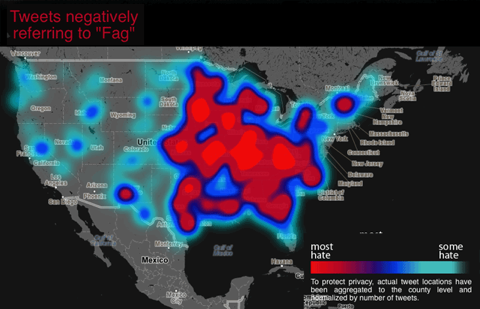We’ve already featured former Black Flag frontman and current spoken-word artist Henry Rollins explaining why, to his mind, only education can restore democracy. He also believes it can cure something he calls “disaster capitalism,” and you can hear more from him about it in the Big Think video above. He addresses, in his characteristically straightforward manner, the questions of what exactly ails the American economy, how that ailment might have come about, and how the country can educate itself back to health. We may individually get our educations now, he grants, but “how long will it be until America fiscally turns itself around” to the point of repaying “the risk of the investment on that student loan to get a person through four years of college? Will that person get a job where paying off that loan and getting a house and affording a family, will that be a possibility? In the present America, it doesn’t look like it is.”
Seeing a dire national situation, Rollins recommends doing like China, but not in the way you might assume. He suggests looking “500 years at a time,” much farther up the road than we have of late. “I’d be looking up the road so far my eyes would fall out of my head.” He wants the country to become “like Europe, where they’ll educate your kid until his head explodes,” producing “three doctors per floor of every apartment building” and doing so by making “college tuition either free or really low.” Generally thought of as liberal, Rollins sums this up in a way that might appeal to his ideological opponents: “If you have a country full of whip-crack smart people, you have a country the rest of the world will fear. They will not invade a country of educated people because we are so smart we’ll build a laser that will burn you, the enemy, in your sleep before you can even mobilize your air force to kill us. We will kill you so fast because we are so smart and we will have foreign policy that will not piss you off to the point to where you have to attack us.”
Related Content:
Henry Rollins Pitches Education as the Key to Restoring Democracy
Colin Marshall hosts and produces Notebook on Cities and Culture and writes essays on literature, film, cities, Asia, and aesthetics. He’s at work on a book about Los Angeles, A Los Angeles Primer. Follow him on Twitter at @colinmarshall.




